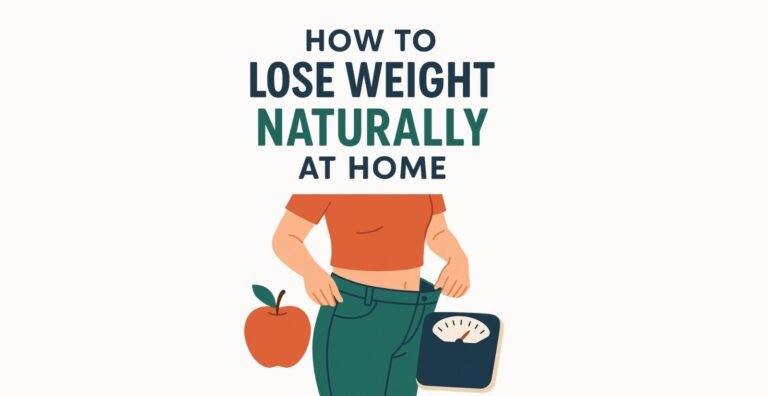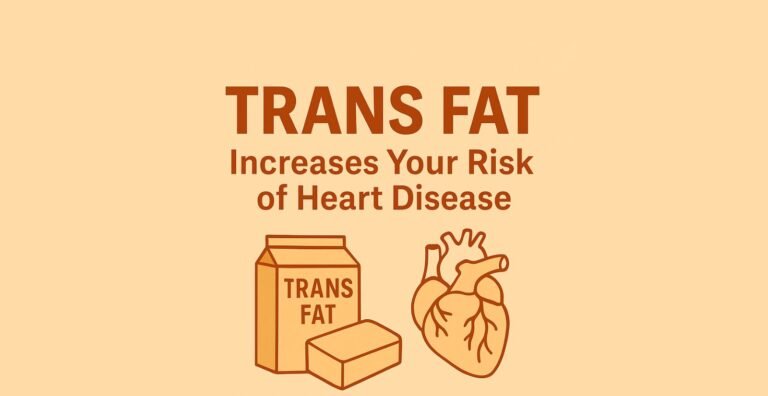Top Health & Wellness Product Reviews with Exclusive Sale Prices!
Beat Stronger, Live Longer: The Ultimate Guide to Heart Health

Our heart is a marvel, working tirelessly day and night, pumping blood and delivering oxygen to every cell in our bodies. But despite being one of our most vital organs, the heart is vulnerable to a variety of health issues. With heart disease as a leading cause of mortality worldwide, it’s essential to adopt heart-healthy practices early on to ensure a longer, stronger life. In this ultimate guide to heart health, we’ll break down practical steps, daily habits, and scientific insights that can help you protect and strengthen your heart.
Why Heart Health Matters
The heart is central to overall health. When it’s functioning optimally, it keeps everything else in balance. However, neglecting heart health can lead to a range of cardiovascular diseases like heart attacks, strokes, and high blood pressure. Fortunately, many of these issues can be prevented with lifestyle changes. Understanding the basics of heart health is the first step towards a longer, healthier life.
1. Understanding Heart Health Basics
The heart pumps blood, nourishes cells, and eliminates waste products from the body. Key metrics for assessing heart health include blood pressure, cholesterol levels, and heart rate. Regular checkups with a healthcare provider can provide insights into these metrics and help detect any potential issues early on.
Key Metrics for Heart Health:
- Blood Pressure: High blood pressure, or hypertension, is a significant risk factor for heart disease.
- Cholesterol Levels: Too much LDL (bad cholesterol) and too little HDL (good cholesterol) can lead to plaque buildup in arteries.
- Resting Heart Rate: A lower resting heart rate typically indicates a stronger cardiovascular system.
2. Adopt a Heart-Healthy Diet
A balanced diet is foundational for heart health. Focusing on whole, minimally processed foods can help reduce cholesterol, maintain a healthy weight, and lower blood pressure.
Foods for a Healthy Heart:
- Leafy Greens: Spinach, kale, and collard greens are rich in vitamins and minerals that benefit the heart.
- Whole Grains: Foods like oats, brown rice, and quinoa help reduce cholesterol and lower the risk of heart disease.
- Healthy Fats: Foods high in unsaturated fats, such as olive oil, nuts, and avocados, support heart health by reducing inflammation.
- Fatty Fish: Salmon, mackerel, and trout are rich in omega-3 fatty acids, known for lowering blood pressure and reducing triglycerides.
- Berries: Blueberries, strawberries, and blackberries are packed with antioxidants that reduce oxidative stress and inflammation.
3. Regular Physical Activity
Exercise is one of the most effective ways to strengthen the heart. Physical activity improves blood circulation, reduces cholesterol, and helps maintain a healthy weight. Aim for at least 150 minutes of moderate aerobic exercise each week, as recommended by the American Heart Association.
Types of Exercise Beneficial for Heart Health:
- Cardio Workouts: Activities like walking, running, and cycling increase the heart rate and improve cardiovascular endurance.
- Strength Training: Building muscle through weight lifting or resistance bands can help burn calories and maintain weight.
- High-Intensity Interval Training (HIIT): This type of exercise can help improve cardiovascular health and boost metabolism.
4. Maintain a Healthy Weight
Being overweight or obese is a significant risk factor for heart disease. Excess weight, especially around the abdomen, can lead to high blood pressure, elevated cholesterol, and increased risk of diabetes—all of which affect heart health. Focusing on a healthy diet and regular physical activity can help in achieving and maintaining a healthy weight.
5. Avoid Smoking and Limit Alcohol Intake
Smoking is one of the leading causes of cardiovascular diseases. It damages the blood vessels, raises blood pressure, and increases the likelihood of plaque buildup in the arteries. Similarly, excessive alcohol intake can lead to high blood pressure and obesity, both of which are harmful to the heart.
6. Manage Stress Levels
Chronic stress contributes to high blood pressure and inflammation, which can damage the heart over time. Techniques like mindfulness meditation, deep breathing exercises, and yoga are proven to help lower stress levels and improve heart health.
Practical Tips for Managing Stress:
- Mindfulness Meditation: Focusing on the present can help reduce anxiety.
- Breathing Exercises: Slow, deep breathing calms the nervous system.
- Physical Relaxation: Yoga and stretching exercises relax both the mind and body.
7. Get Enough Sleep
Quality sleep is essential for heart health, as poor sleep patterns are linked to an increased risk of cardiovascular disease. Aim for 7-9 hours of quality sleep per night to give your heart the rest it needs.
8. Stay Hydrated
Hydration affects every system in the body, including the cardiovascular system. Staying hydrated helps maintain blood volume and supports healthy blood circulation. Drinking enough water daily is an easy yet effective way to support heart health.
9. Regular Checkups and Screenings
Routine checkups can help detect potential issues before they become serious. Regular screenings for blood pressure, cholesterol, and blood sugar are especially important for those at risk of heart disease.
10. Build Strong Relationships
Studies show that strong social connections can positively impact heart health by lowering blood pressure, reducing stress, and even lowering the risk of heart disease. Staying connected with family and friends can provide emotional support and improve mental health, both of which benefit the heart.
Conclusion
Heart health is a lifelong journey. By adopting these habits, you can reduce your risk of heart disease, improve your overall well-being, and live a longer, stronger life. Remember, small changes can lead to big improvements. Start with one or two of these tips today, and gradually incorporate more as you go. Your heart—and your future self—will thank you for it.







